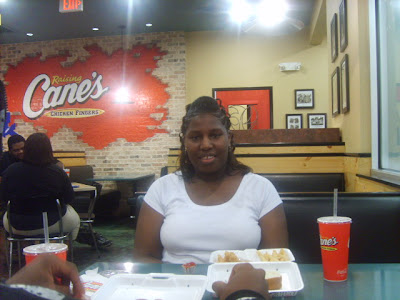In the final analysis, though, I am bound to enforce the laws of Louisiana as they exist today, not as they might in someone’s vision of a perfect world.But, from the Southern Poverty Law Center comes a reminder that Walters is not just strictly following the word and rule of law as he claims:
Walters ignores the tremendous latitude prosecutors have to raise, lower, or dismiss charges as they see fit, under the doctrine of prosecutorial discretion. The injustice in Jena is not that any criminal charges were brought in the assault on Justin Barker. Rather, the injustice is that black perpetrators in Jena receive a completely different brand of prosecutorial discretion than white perpetrators.The SPLC's article goes on to address and refute many of the points that Walters brought up in his op-ed, arguing that Walters's exercise of prosecutorial discretion is colored by, well, color.
dnA makes a similar argument noting that Walters
repeatedly used his prosecutorial discretion only to seek jail time for the Jena Six, not after the nooses, but after the series of violent incidents that occurred in the town between students at the school for months after.Though it has been duly noted since the op-ed appeared that Walters made a number of omissions in his quest to paint a portrait of "the reluctant white lawman trying to keep the piece in a town full of savage Negroes," dnA does an excellent job of illuminating and analyzing those omissions.
The point of this post is not sound like a stilted book review (I must be sleepier than I realize). Kevin got me to thinking ( I sound so country when I say that, but there it is :-) when he made this comment:
The official narrative has become "six black kids beat up a white kid. One of the black kids is in jail, and black people are angry." That's it. That's what people are basing their opinions on.Why is it so hard for people to see beyond that narrative? Of course, there are many answers, most of which narrow down to the deceptively simple cause of racism.
But I am struck by how Reed Walters is feeding that narrative and wondering about the other ways in which it is sustained.
H/T Francis L. Holland




 All eight of my parents' grandchildren. A rare occurence, so I had to get that! This is Sunday after church. My youngest nephew and my son look so raggedy because they have to change out of church gear immediately!
All eight of my parents' grandchildren. A rare occurence, so I had to get that! This is Sunday after church. My youngest nephew and my son look so raggedy because they have to change out of church gear immediately!





